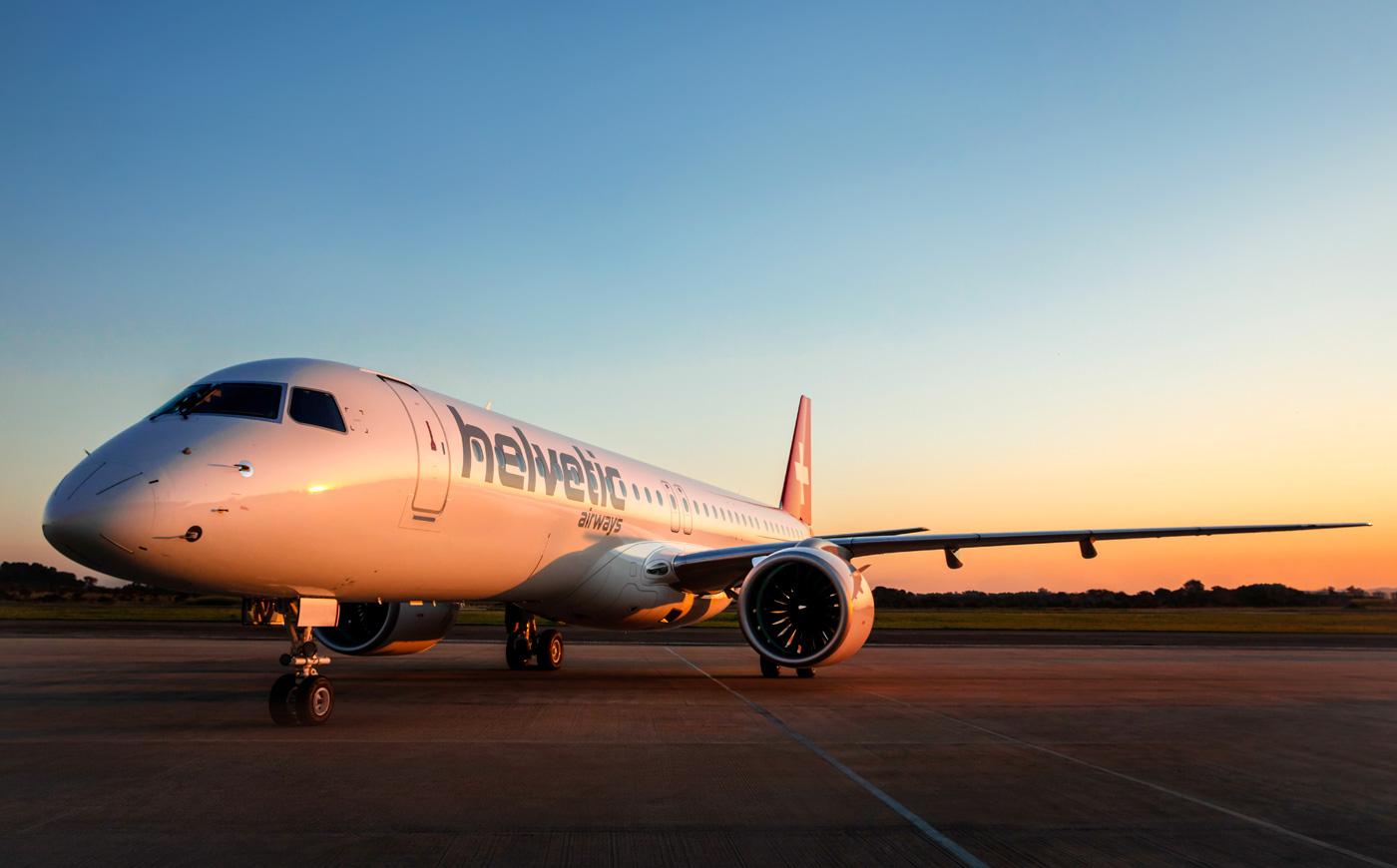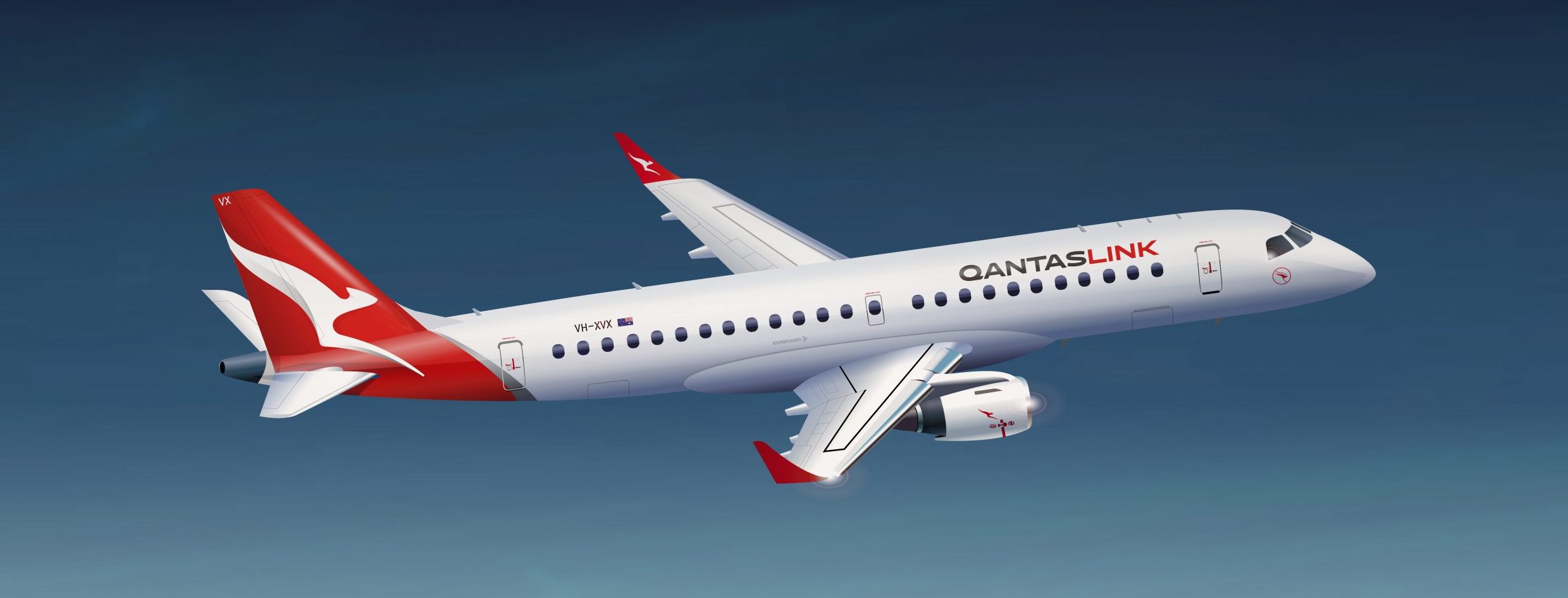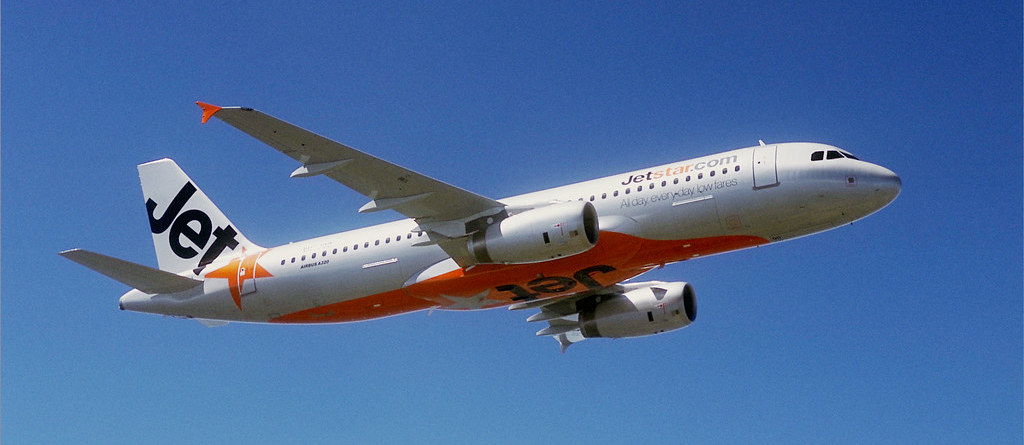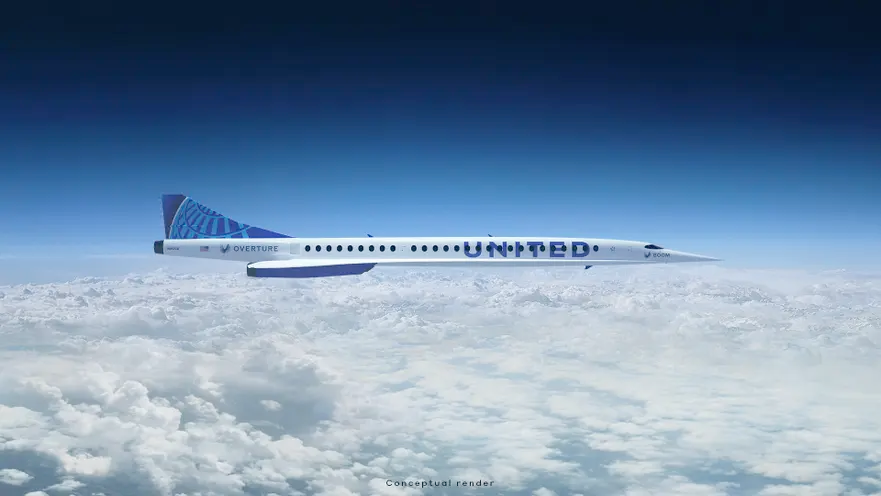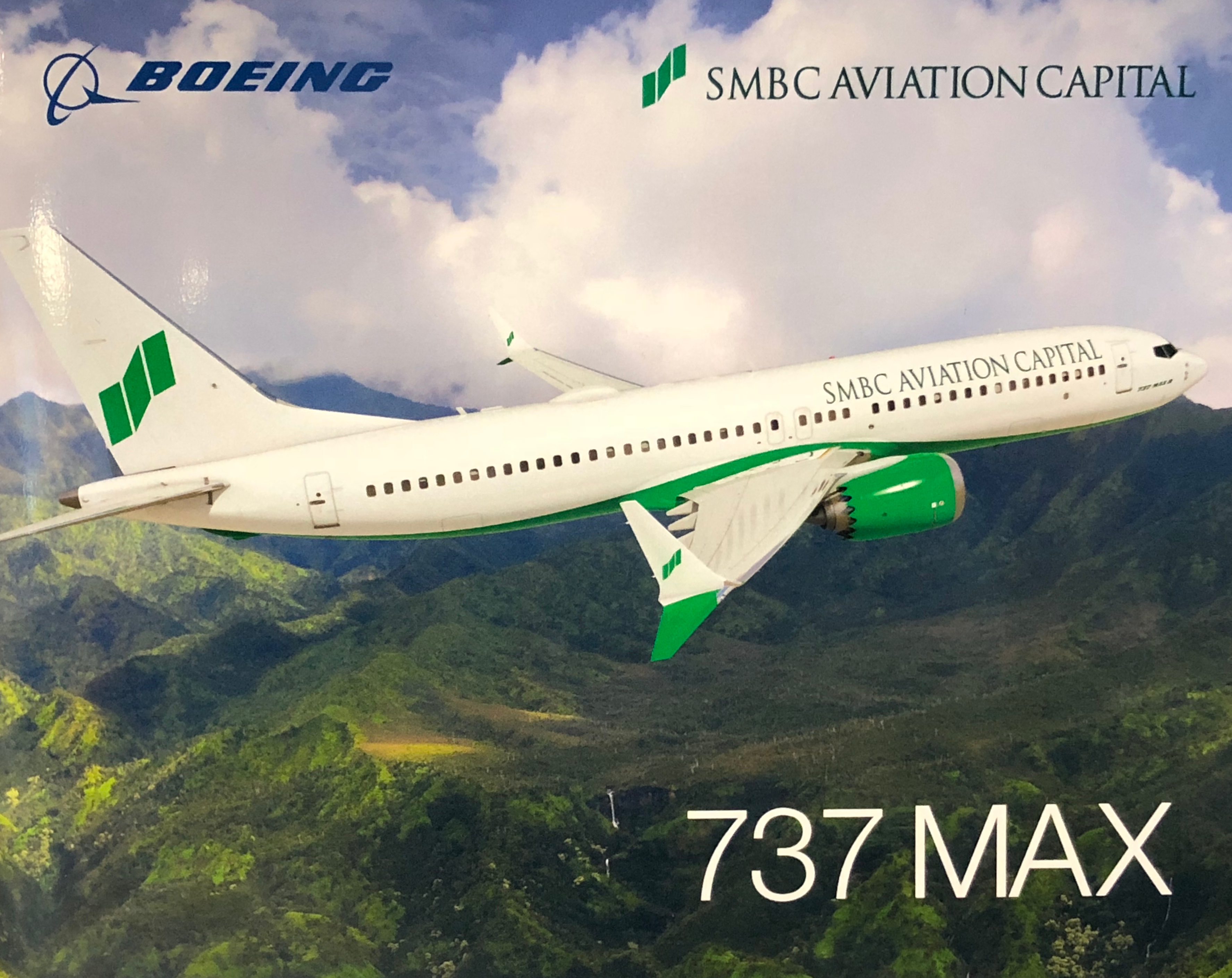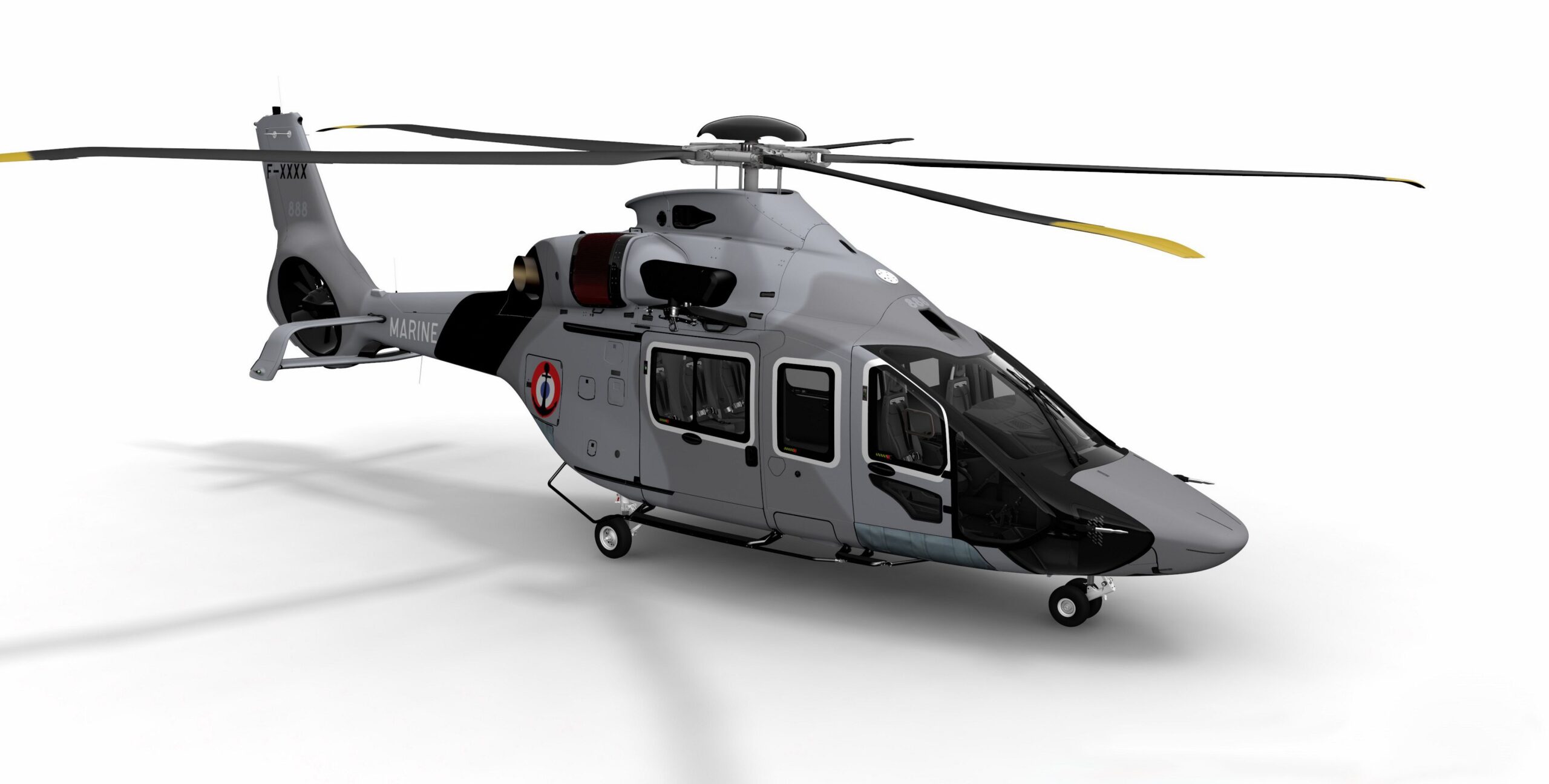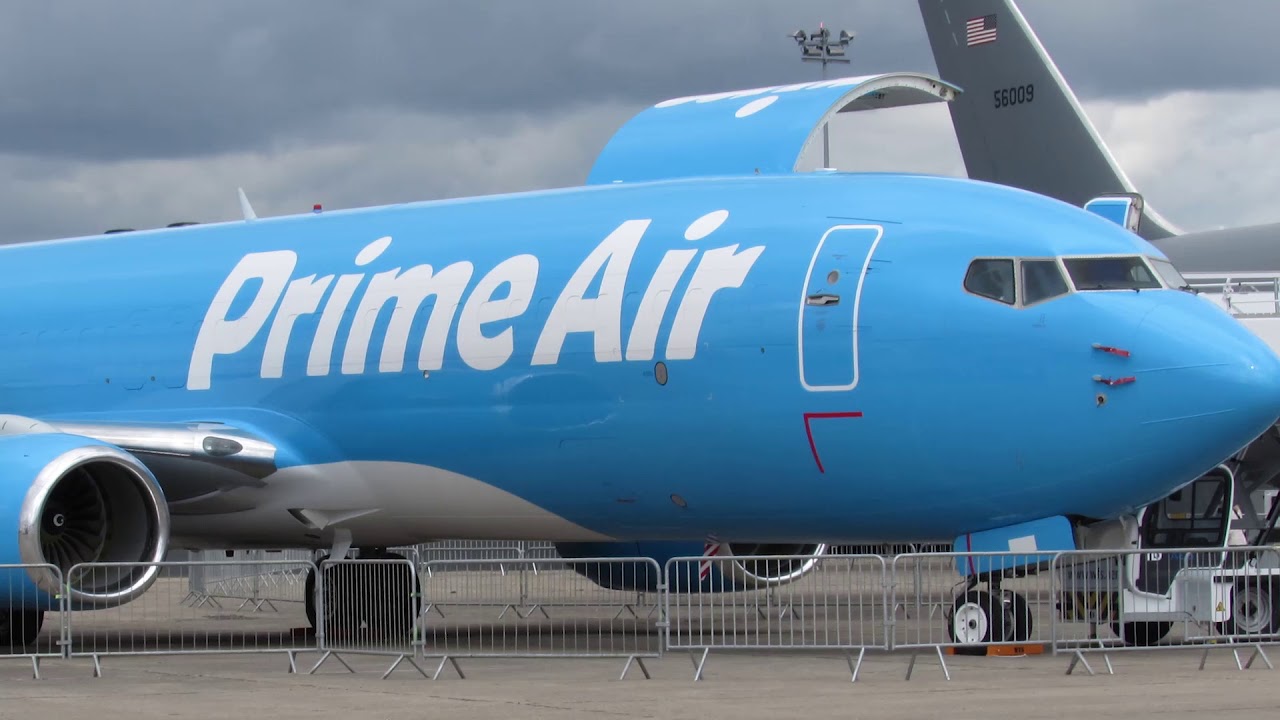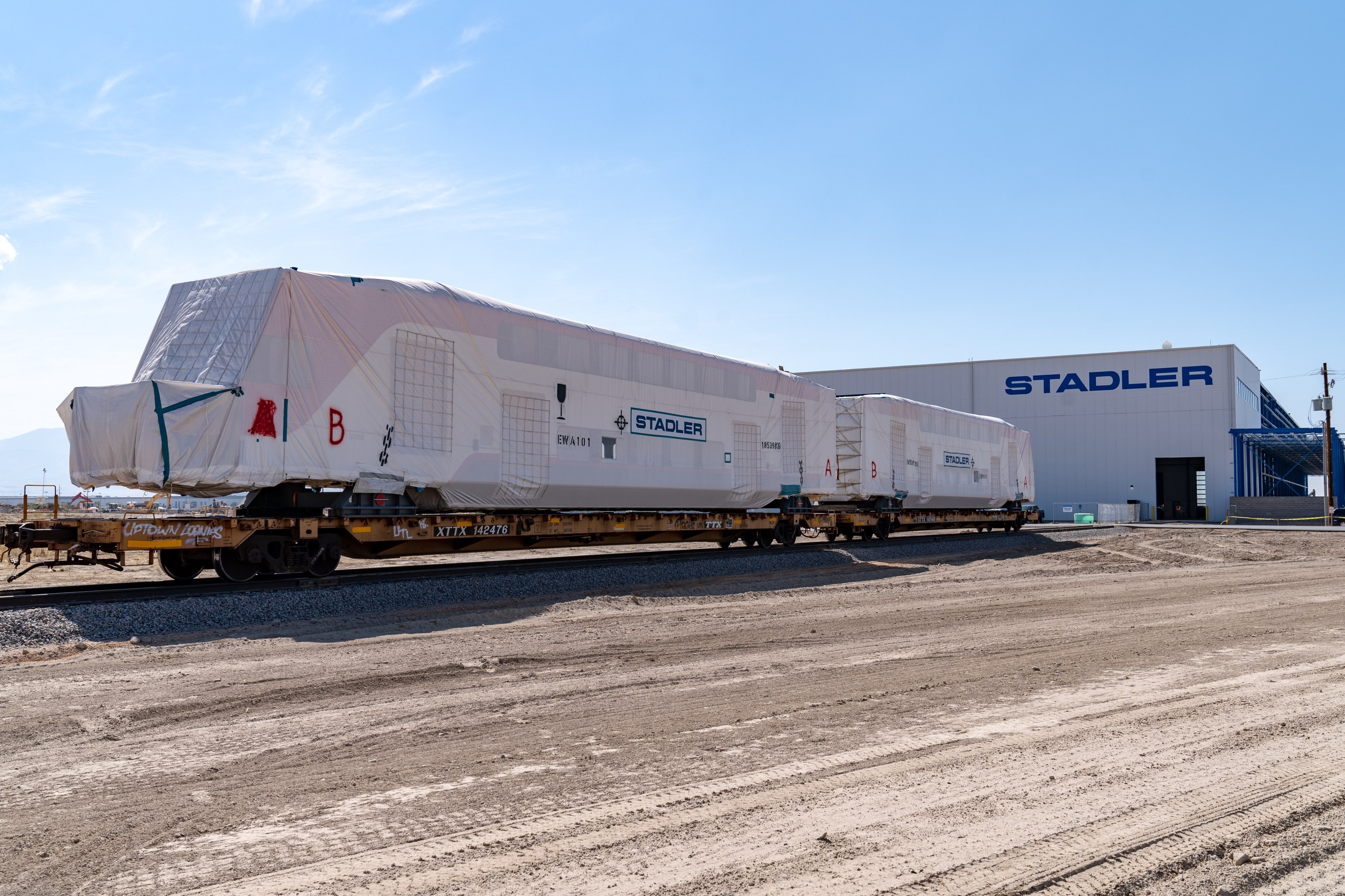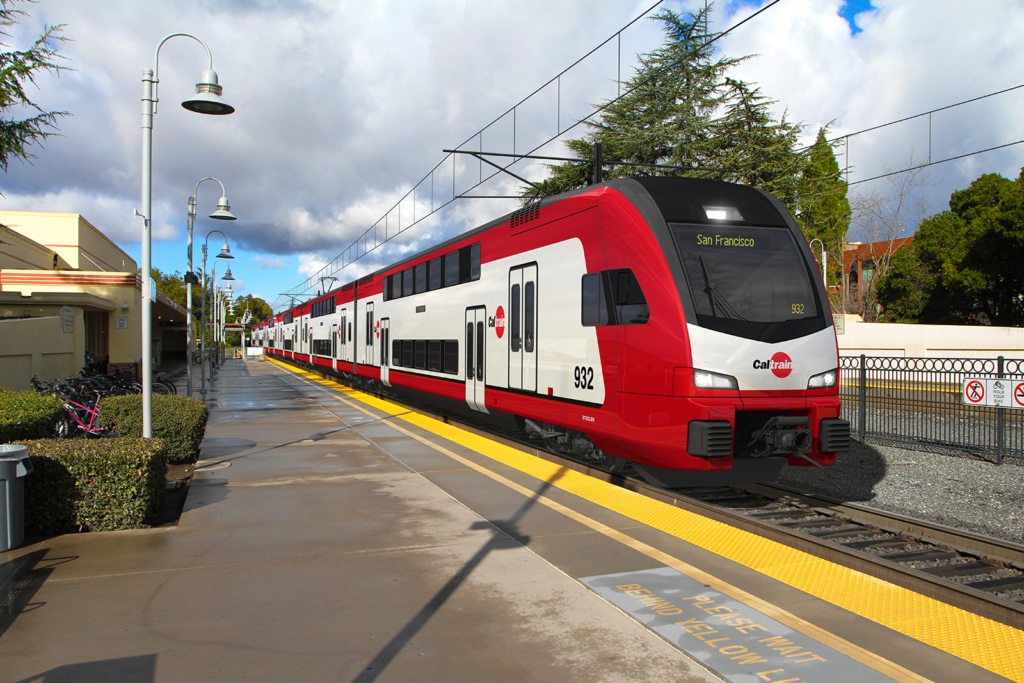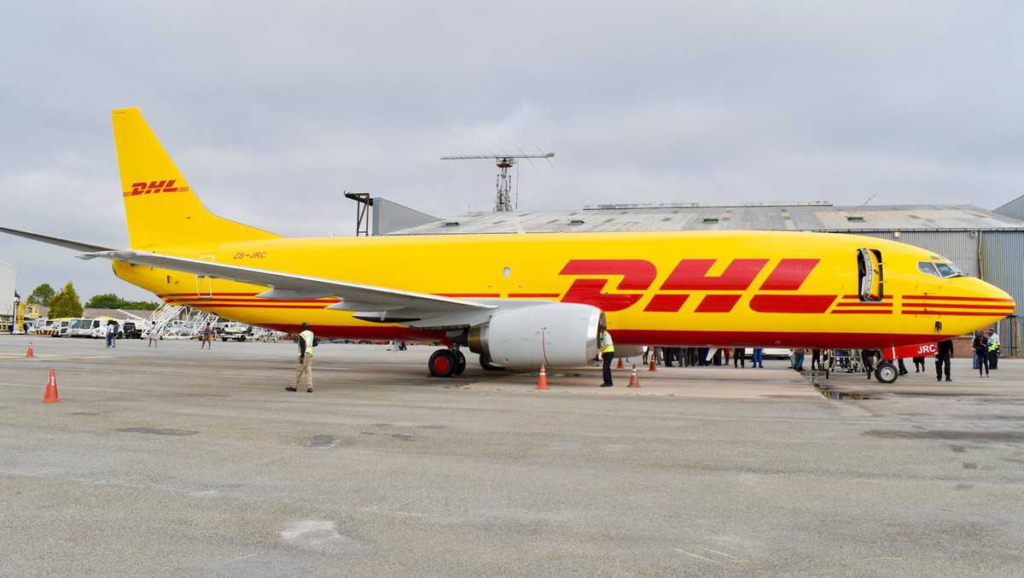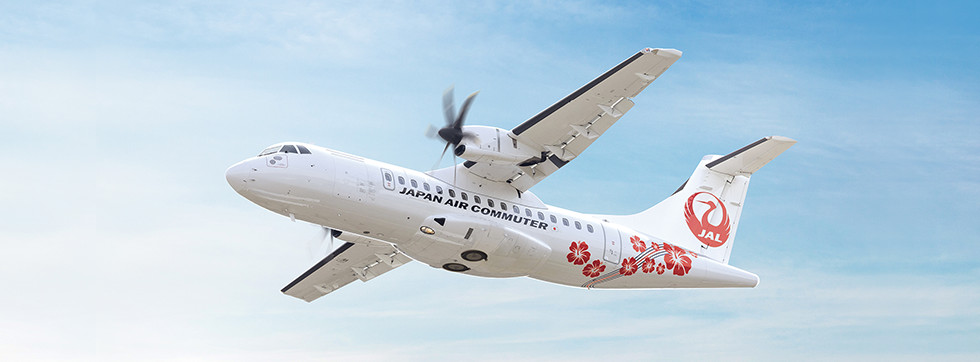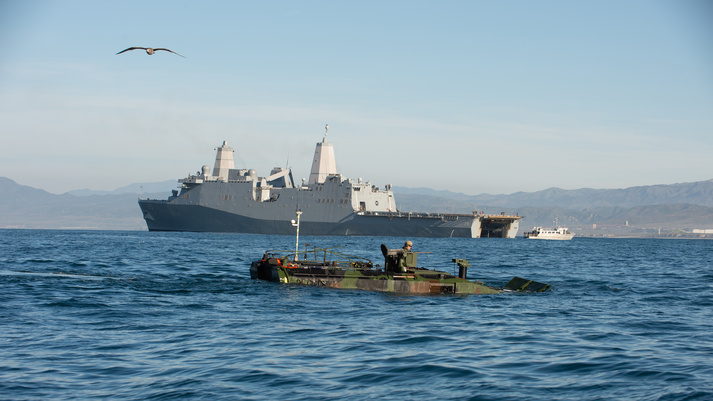Helvetic Airways of Switzerland received the first of four new E195-E2 aircraft today at the Embraer (NYSE: ERJ) facility in São José dos Campos. Helvetic will receive three further E195-E2’s by the end of next month, July 2021.
Helvetic ordered 12 E-Jet E2’s in 2018 to support its fleet renewal initiative: 8 E190-E2’s (already in service) and four E195-E2’s (converted from the original E190-E2 order). The airline also holds purchase rights for an additional 12 aircraft. The Helvetic fleet also includes four first-generation E190’s. When the three remaining E195-E2’s are delivered, the carrier will have a fleet of 16 E-Jets.
With Embraer, the airline has developed a fleet providing maximum flexibility to deploy its 134-seat E195-E2’s, 110-seat E190-E2’s, and 112-seat E190’s across its European network. Thanks to the common crew type rating for all E-Jets, Helvetic can seamlessly schedule the three different E-Jet models to satisfy variations in demand, maximizing operating economics.
Speaking at the delivery event broadcast to Helvetic employees in Europe, Arjan Meijer, President and CEO of Embraer Commercial Aviation said, “With the new E195-E2, Helvetic builds on its reputation as one of the most environmentally committed airlines in Europe. Not only does the aircraft burn 25% less fuel than its predecessor, its noise footprint is 65% smaller. The E2’s are great news for communities near airports.”
